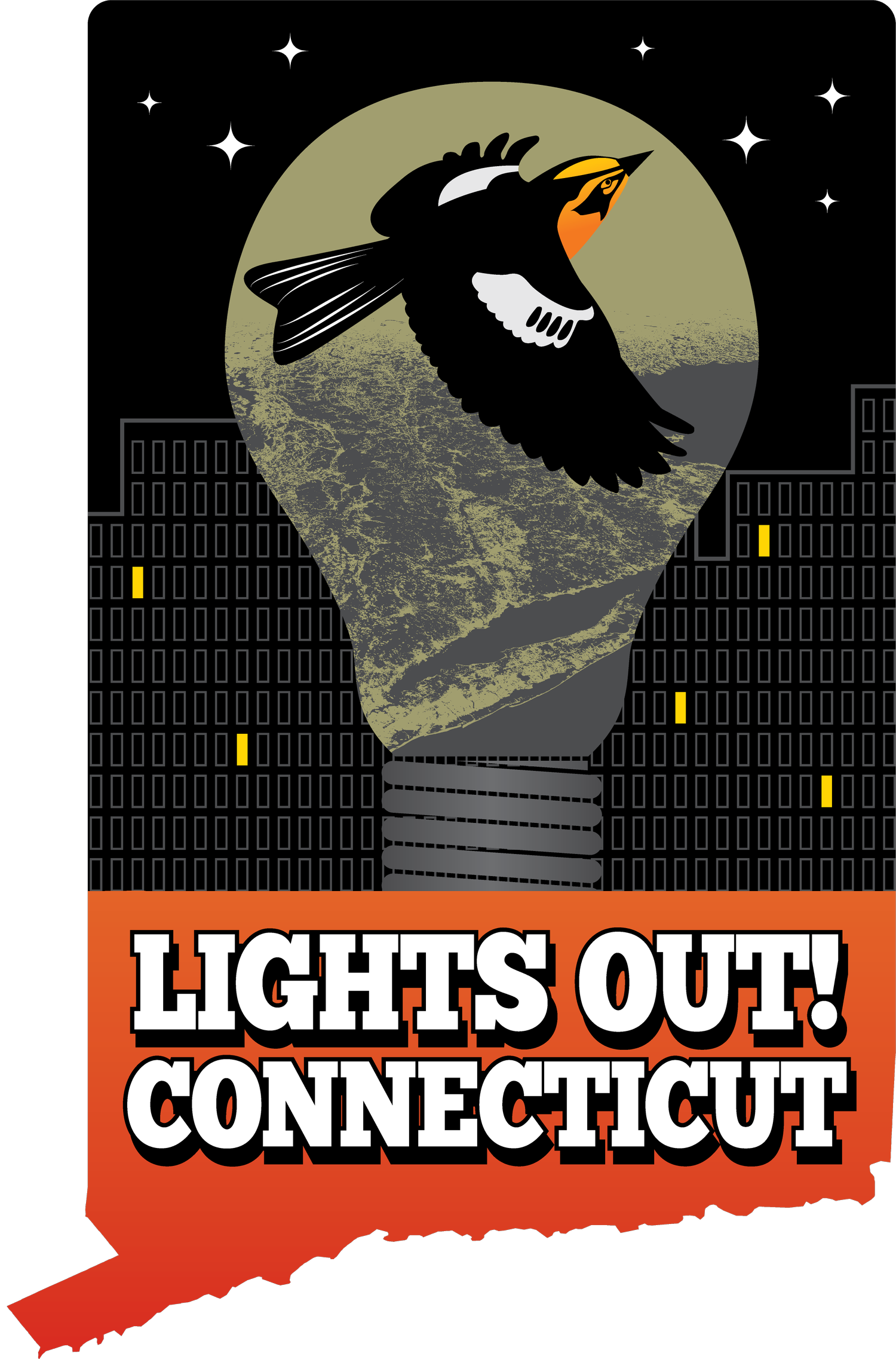Lights Out CT Written Testimony Supporting H.B. 5004, Calling for More Investment in Energy Efficiency
Lights Out Connecticut
Guilford, CT 06437
Dear Members of the Environment Committee,
Thank you for the opportunity to submit testimony on behalf of Lights Out Connecticut through its affiliate Menunkatuck Audubon Society. My name is Meredith Barges, and I am Co-Chair of Lights Out Connecticut.
Lights Out Connecticut supports the passage of HB 5004, the Climate Omnibus Bill, as a comprehensive approach for curbing greenhouse gas emissions in Connecticut and slowing the rate of climate change. However, we believe that the state can and should do more with this bill by clearly recognizing that reducing energy use and energy waste is essential in the fight against climate change.
We urge the Environmental Committee and the full General Assembly to strengthen the proposed bill by adopting language and provisions that significantly bolster efforts to increase energy efficiency in our state, to decrease electricity waste and reduce overall energy use to help Connecticut reach its net zero goal by 2040.
In this age of a warming climate, we believe that there can be no long-term path to sustainability in Connecticut without robust energy-saving programs and energy-reduction plans.
We know from our work to combat light pollution across our state through policy development and public education that there is a large amount of energy waste occurring in our state, particularly wasted energy for lighting. The nighttime lighting practices that we have documented at public properties and private buildings in our state—and the reports that we hear from residents across our state about over-lit buildings, towns, and cities—show that there is a lack of awareness about the connection between energy waste, greenhouse gas emissions, and climate change.
Dark Sky estimates that 30 percent of all outdoor lighting in the United States is wasted as light pollution, resulting in the release of 21 million tons of carbon dioxide per year—which is equivalent to nearly 5 million gas-powered cars driven for one year.
Think of the wasted light as the flame you see before you feel the heat. We can lower that heat in our state immediately by reducing excessive lighting and associated energy waste.
We believe that curtailing light pollution is one of the easiest steps that Connecticut can take to tackle climate change. Connecticut can reduce energy waste at businesses, residences, and public spaces by promoting and facilitating investments in smart technologies, including lighting controls, such as timers and motion sensors, that automatically turn off when lights are not needed. Energy-efficient homes and buildings are also better equipped to switch to renewable energy once it is available.
Limiting energy waste at nonessential lighting also serves to reduce light pollution, which harms the environment and degrades the resilience of local ecosystems, flora, and fauna against the worst effects of climate change. It also helps to mitigate against the damaging impact of light pollution on human health, including cancer, cognitive disorders, insomnia, and obesity, as communities struggle to cope with the health burdens of erratic weather on a warming planet.
Therefore, we ask that you prioritize funding and attention for energy-efficient lighting controls and Dark Sky-certified lighting fixtures in the bill at the same level as funding and attention for HVAC systems. This would require that the GA recognize that “light pollution” is “the human-made alteration of outdoor ambient light levels from those occurring naturally, which adversely affects Connecticut's natural resources. Its sources include unnecessary, high-intensity nighttime exterior and interior building lighting, streetlights, illuminated outdoor signs and advertising, and sports lighting.”
We ask you to make these important changes to HB5004 to protect the well-being of Connecticut communities and the environment well into the future.
Sincerely,
Meredith Barges
Co-Chair, Lights Out CT

